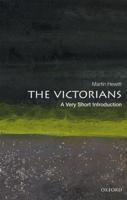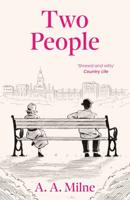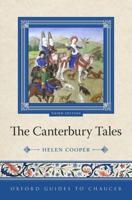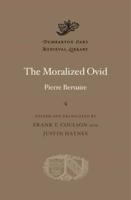Publisher's Synopsis
When Hamlet complains that Guildenstern 'would pluck out the heart of [his] mystery', he imagines an encounter that recurs insistently in the discourses of early modern England. The struggle by one man to discover the secrets in another's heart is rehearsed not only in plays but in legal records, correspondence, philosophical writing and contemporary social description. In this book Elizabeth Hanson argues that the construction of other people as objects of discovery signalled a reconceptualizing of the 'subject' in both the political and philosophical sense of the term. She examines the records of state torture, plays by Shakespeare and Jonson, 'cony-catching' pamphlets and Francis Bacon's philosophical writing, to demonstrate that the subject was both under suspicion and empowered in this period. Her account revises earlier attempts to locate the emergence of modern subjectivity in the Renaissance, arguing for a more nuanced and localized understanding of the relationship with its medieval past.












